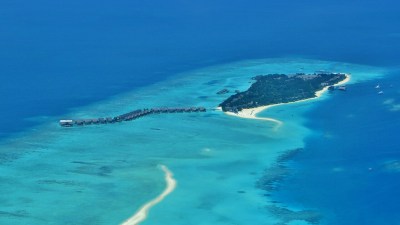Kurds owns up Palme8217;s killing
ANKARA, April 28: A top Kurdish leader captured earlier this month claims his guerrilla organization was responsible for the 1986 slaying of...

ANKARA, April 28: A top Kurdish leader captured earlier this month claims his guerrilla organization was responsible for the 1986 slaying of Swedish Premier Olof Palme, a Turkish newspaper reported today.
Semdin Sakik, who commanded operations of the Kurdish rebel group PKK inside Turkey as the group8217;s no. 2 leader, was abducted by Turkish troops in northern Iraq.
The Istanbul daily Sabah reported that Sakik claimed during his pre-trial interrogation that PKK leader Abdullah Ocalan ordered Palme8217;s assassination because of Sweden8217;s decision to extradite eight PKK rebels.
Palme was killed while he and wife walked home unguarded from a movie theater in downtown Stockholm. Christer Pettersson was convicted of the killing, but the verdict was overturned by a higher court on grounds of insufficient evidence.
Sweden8217;s supreme court is considering a motion to retry Pettersson. That decision will be made no earlier than late next month.
Palme had incurred the wrath of Kurdish militants in the early 1980swhen his government branded the PKK a 8220;terrorist organisation.8221;
Sakik told interrogators that Ocalan was also angered at Sweden after his wife left the PKK and took refuge there.
There have been previous claims that the PKK masterminded Palme8217;s assassination, but the latest would be the first coming from a key member of the organisation.
The PKK theory was pursued by Stockholm8217;s former police chief, Hans Holmer, who led the first investigation into Palme8217;s death before he was forced to resign.
Sakik said Palme8217;s murderer escaped to France immediately after the attack.Deputy Prime Minister Bulent Ecevit told Sabah that the Swedish ambassador would be briefed about Sakik8217;s testimony.
8220;Sakik has told about the assassination in full detail,8221; he said.8220;It is very chilling.8221;
Interior minister Murat Baseskioglu said only that 8220;we will see all about these statements of Sakik when the prosecutor releases his indictment.8221;The PKK is fighting for autonomy in southeastern Turkey.
Among otherattacks, Sakik is believed to be responsible for a 1993 assault that killed 37 people, including 33 unarmed soldiers. He could be charged with treason, punishable by the death penalty.
- 01
- 02
- 03
- 04
- 05






























